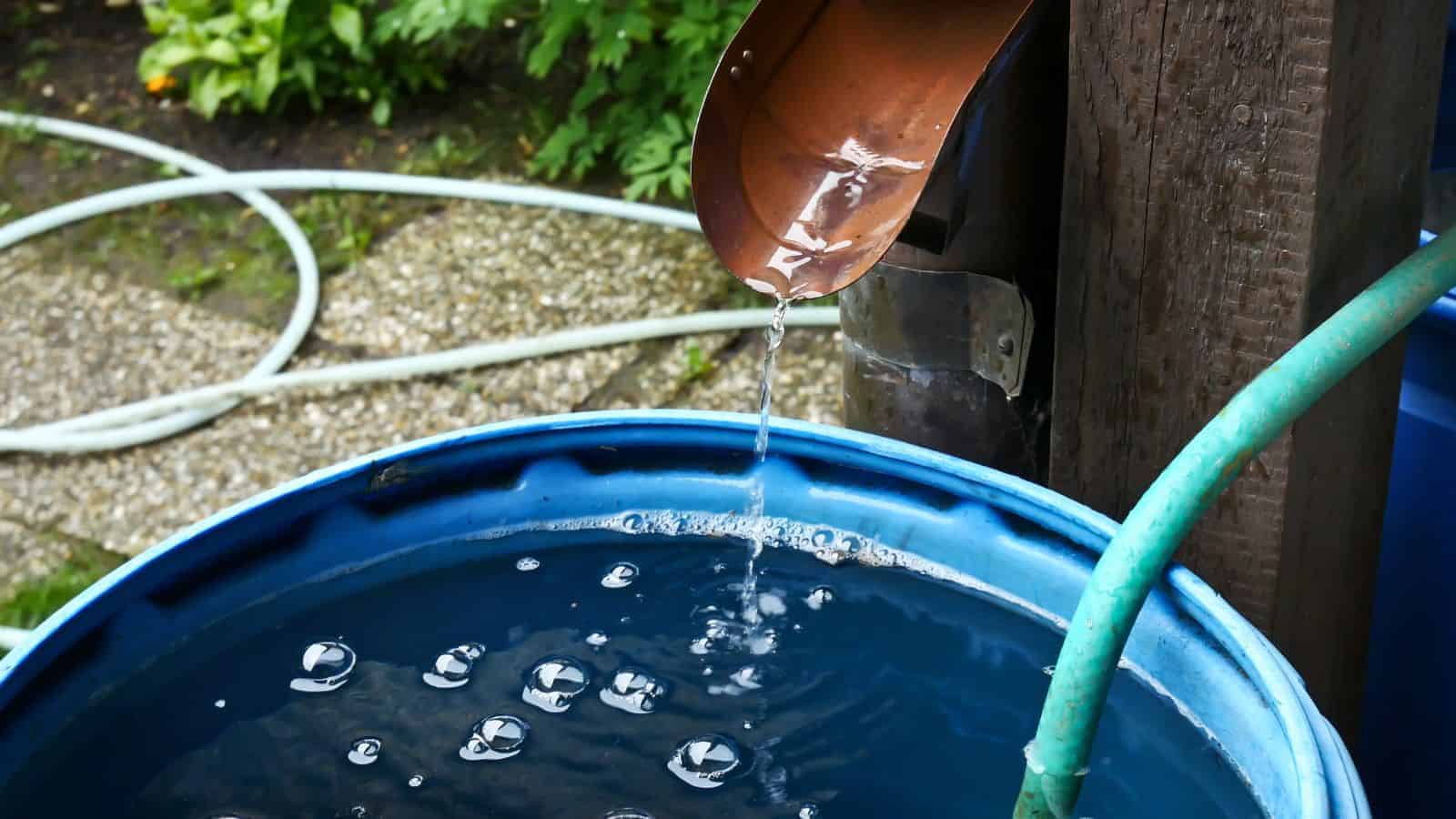Water conservation is becoming increasingly important as many regions face water shortages and droughts. Reducing water usage in your garden not only helps conserve this precious resource but also promotes healthier plants and lower water bills. Here are some effective strategies to reduce water usage in your garden.

Choose Drought-Tolerant Plants
Selecting plants that are well-adapted to dry conditions can significantly reduce the need for supplemental watering. Drought-tolerant plants have deep root systems and can survive on minimal water once established.
Drought-Tolerant Plant Tips:
- Native Plants: Choose native plants that are naturally adapted to your region’s climate.
- Succulents and Cacti: These plants are excellent choices for water-wise gardens.
- Perennials: Many perennials, such as lavender, yarrow, and sedum, are drought-tolerant and require less water.
Mulch Your Garden
Mulching is a highly effective way to conserve moisture in the soil. A layer of mulch helps reduce evaporation, suppress weeds, and regulate soil temperature.
Mulching Tips:
- Materials: Use organic materials like wood chips, straw, or shredded leaves as mulch.
- Application: Apply a 2-4 inch layer of mulch around your plants, keeping it a few inches away from the stems to prevent rot.
- Renewal: Replenish the mulch as needed to maintain its effectiveness.
Implement Efficient Watering Techniques
How and when you water your garden can make a big difference in water usage. Efficient watering techniques ensure that your plants get the moisture they need without wasting water.
Watering Tips:
- Drip Irrigation: Install a drip irrigation system to deliver water directly to the root zones of your plants, reducing evaporation and runoff.
- Soaker Hoses: Use soaker hoses to provide slow, deep watering to your garden beds.
- Timing: Water your garden early in the morning or late in the evening to reduce water loss due to evaporation.
Collect and Use Rainwater
Harvesting rainwater is an excellent way to reduce your reliance on municipal water supplies. Rainwater is free, naturally soft, and ideal for watering plants.
Rainwater Harvesting Tips:
- Rain Barrels: Install rain barrels or other collection systems to capture rainwater from your roof.
- Storage: Use covered containers to store rainwater and prevent mosquito breeding.
- Distribution: Use the collected rainwater to water your garden during dry periods.
Improve Soil Health
Healthy soil retains moisture more effectively and reduces the need for frequent watering. Enhancing your soil’s health can significantly lower water usage.
Soil Improvement Tips:
- Compost: Add compost to your soil to improve its structure, fertility, and water-holding capacity.
- Organic Matter: Incorporate organic matter, such as composted manure or leaf mold, to increase soil moisture retention.
- Aeration: Regularly aerate your soil to promote root growth and improve water infiltration.
By implementing these strategies, you can reduce water usage in your garden while maintaining healthy, vibrant plants. Water conservation not only benefits your garden but also contributes to the sustainability of our natural resources.
